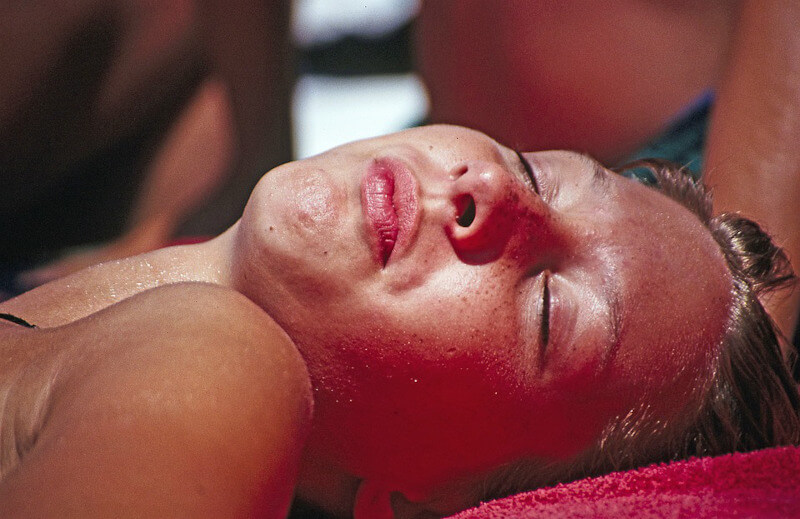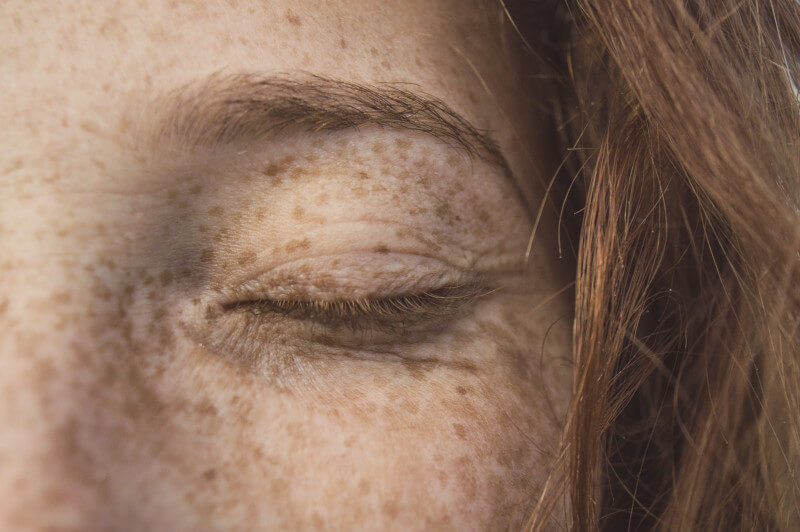We have all been told how essential it is to protect our skin by applying sunscreen, but are you aware of the particular reasons why this is the case? Because our skin already helps to shield us from potentially damaging ultraviolet radiation, applying sunscreen can be an additional layer of defense against the sun’s potentially harmful rays. Even on days when the sky is overcast, the sun’s rays can penetrate our skin and cause damage that, over time, can result in skin cancer, dark spots, and fine lines.
Applying sunscreen first thing in the morning and periodically throughout the day is the single most important change to your normal routine that you can make to help safeguard your skin from sun damage. If you recognize any changes in the appearance of your skin or new spots, you should make an appointment with a board-certified dermatologist in your area as soon as possible. The use of sunscreen daily is extremely important for maintaining healthy skin, and we will explain how you can do so in the following paragraphs.
Lessen the Chance of Getting a Sunburn

Every dermatologist and other skin care expert will stress the significance of protecting one’s skin from the sun and avoiding sunburns. You can get sunburn from staying out in the sun for long periods without applying sunscreen, and you can also get sunburn from using tanning beds or cubicles. Repeated exposure to the sun can lead to skin damage, which increases the risk of developing skin cancer, premature wrinkles, and a wide variety of other skin problems.
If you get a severe sunburn that includes blisters, you should seek the assistance of a local dermatologist. They will be able to evaluate your burn and recommend treatments that will alleviate the pain and reduce the likelihood of scarring. If sunburns are diagnosed and treated promptly with oral or topical steroids, a portion of the harm caused by the burns can be avoided.
Stop the Outward Signs of Old Age
Your elastic fibers, collagen, and skin cells can all become damaged from prolonged exposure to the sun with little or no protection in between. This can, over the long term, result in indications of premature aging such as dark spots, sagging skin, the appearance of wrinkles, and a leathery presence. Some who spend hours in the sun without protecting themselves with sunscreen are more likely to experience premature aging, also known as photoaging. This is particularly true for individuals in their 20s and 30s. To our relief, these skin problems can be avoided entirely by using sunscreen daily.
Inhibits Tanning

Suntanning is good for your health. Nevertheless, you ought to be conscious that while you are tanning in the sun to get a tan, you put yourself in danger of becoming negatively affected by the intense UVB rays that are present. When looking for sunscreen to help stop tanning caused by UVB rays, look for one that has a sunblock factor of at least 30. If you suffer from skin that is easily irritated, you must keep applying sunscreen every 2 hours. Alternately, apply it immediately after your workout, as perspiration has the potential to remove protective coatings.
Lower Your Risk of Developing Skin Cancer
The use of sunscreen every day, regardless of the weather, is among the most effective ways to reduce the risk of developing skin cancer. According to the statistics, one in every five South Africans will contract skin cancer before the age of 70. By applying sunscreen with at least an SPF 30 rating multiple times per day, you can lessen the likelihood of establishing this disease. You can apply an SPF with a higher level if you desire additional protection.
Avoid Developing Uneven Skin Tone
Living with patches of skin discoloration can be challenging, particularly if they appear at a later age in a person’s life. These patches of discoloration, which range in tone from tan to brown, are frequently referred to as “liver spots” or “sun spots,” respectively. It is common for them to appear on the head, face, hands, and arms, and both men and women can be affected by them. Applying sunscreen in small amounts at regular intervals during the day can assist in warding off the appearance of these skin pigmentation spots.
Bring Inflammation Levels Down
The excruciating redness and inflammation that can result from our skin is subjected to UV rays can be avoided by taking precautions. People who suffer from skin conditions such as psoriasis or rosacea may find this task to be particularly challenging. Keeping inflammation at bay from the sun’s potentially damaging rays requires the daily application of sunscreen. If you suffer from delicate skin and a tendency to break out in redness, you should look for sunscreen that contains soothing ingredients such as zinc oxide or titanium dioxide.
You should also stay away from sunscreens that come in spray form because these products can have formulas that are too harsh, including alcohol, which can dehydrate the skin. Contacting a board-certified dermatologist in your area for help and advice is a good idea if you have any questions about the condition of your skin or if you require assistance choosing a product.
Reduces The Appearance Of Blemishes On The Face

Applying a generous amount of sunscreen to your face can help avoid the appearance of red veins and splotchy skin, both of which can be very irritating. Acne and other sun-related skin conditions that can be brought on by prolonged exposure to the sunlight can also be avoided this way.
The Use of Sunscreen Provides Superior Protection Than Dresses With Long Sleeves
Even if you wear a dress with long sleeves, you won’t be able to protect yourself from the sun. Are you aware that a cotton dress does not protect at all from the sun’s UV rays, especially when it is wet? Just make sure that you put on a good quantity of sunscreen underneath the dress as well.
Instructions For Applying Sunscreen
How should sunscreen be applied daily? If you are curious about it, here are a few considerations that you’ll want to bear in mind when you are shopping for sunscreen:
- Before applying sunscreen, carefully peruse the list of ingredients and make sure it includes the following:
- Titanium dioxide
- Methoxyoctyl octyl cinnamate (OMC)
- Avobenzone (also parsol)
- Zinc oxide
- Select a non-comedogenic and hypoallergenic sunscreen lotion or gel that offers protection across a broad range of wavelengths. These sunscreens will protect you from sun damage, itchy skin, breakouts, and ultraviolet rays A and B. Additionally, they will safeguard you from the harmful effects of ultraviolet rays A and B.
- Opt for a sun cream that is both water-resistant and has a sun protection factor (SPF) of at least 30.
- Always make sure to apply sunscreen for half an hour before going out in the sun.
How Frequently Should Sunscreens Be Used?
When your skin is exposed to sunlight, the sun’s ultraviolet (UV) rays can pass through its natural protective barrier and cause damage to the skin. Sunscreens protect your skin from these dangerous rays by acting as a shield. Therefore, it is highly recommended to apply sunscreen daily. The advantages of using sunscreen won’t immediately present themselves, but they will become apparent over time. It is recommended that you reapply sunscreen every two hours if you are going to be out in the sun for an extended period, whether you are working or taking a break to sunbathe on the beach. This will help prevent sunburns.
Advice on Choosing the Right Sunscreen
When there are so many different choices available, it can be difficult to decide which sunscreen product to purchase. Bear in mind that an SPF of 30 or greater will guarantee that your skin is completely protected, even in overcast weather, when you are shopping for products, among the most crucial factors to look for is the level of sun protection factor (SPF). Always make sure to keep applying sunblock after swimming or drying off with a towel, and when selecting a product, look for one that offers “broad spectrum” coverage. Visit this page to shop for high-quality sunscreen protection.



